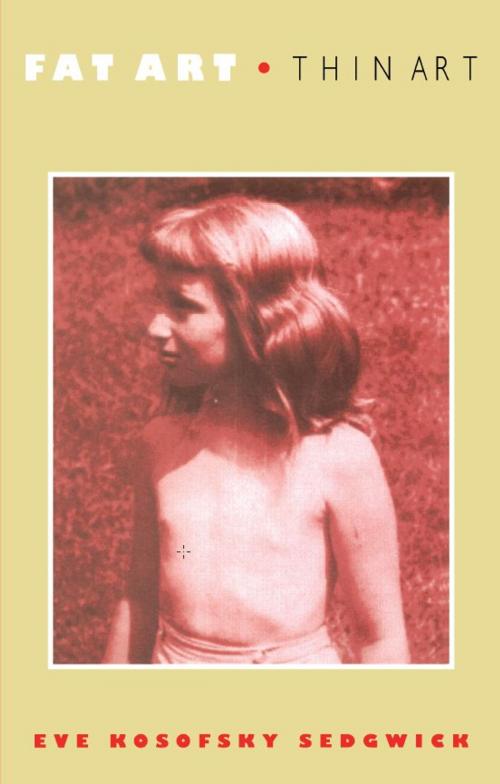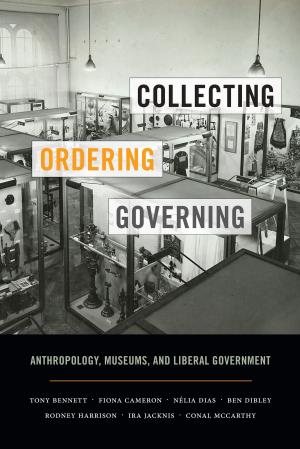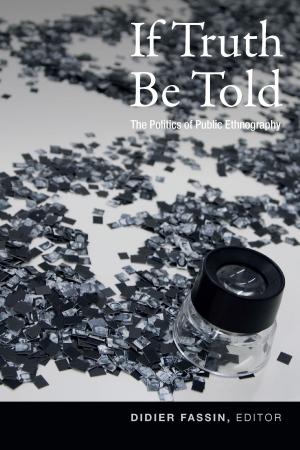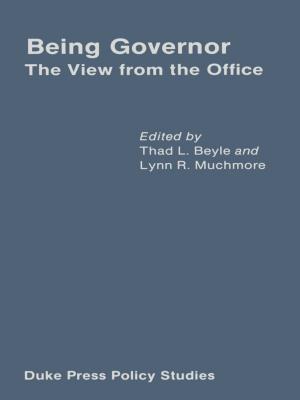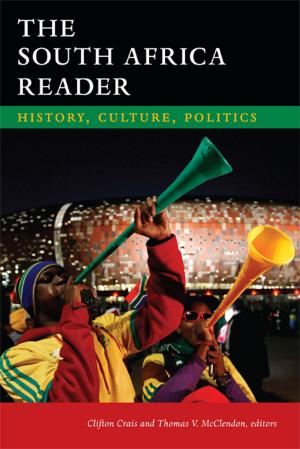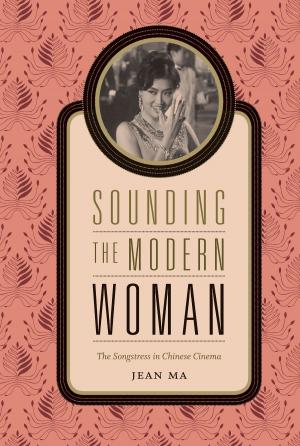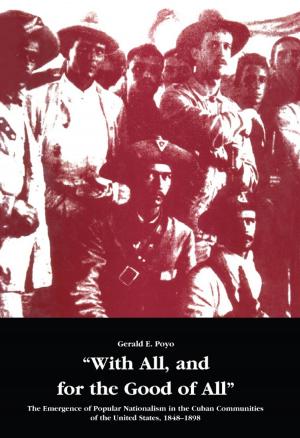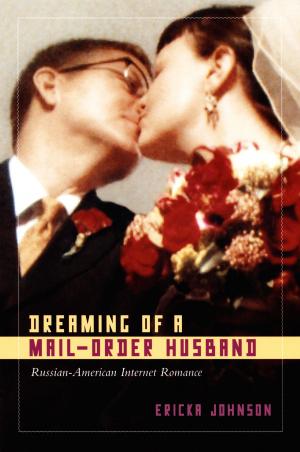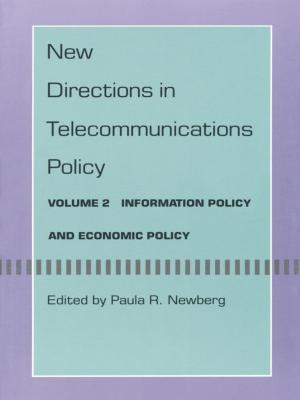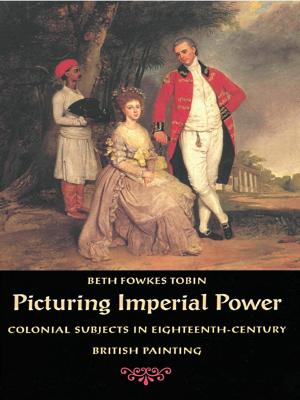| Author: | Eve Kosofsky Sedgwick | ISBN: | 9780822382652 |
| Publisher: | Duke University Press | Publication: | August 12, 1994 |
| Imprint: | Duke University Press Books | Language: | English |
| Author: | Eve Kosofsky Sedgwick |
| ISBN: | 9780822382652 |
| Publisher: | Duke University Press |
| Publication: | August 12, 1994 |
| Imprint: | Duke University Press Books |
| Language: | English |
Eve Kosofsky Sedgwick is best known as a cultural and literary critic, as one of the primary forces behind the development of queer and gay/lesbian studies, and as author of several influential books: Tendencies, Epistemology of the Closet, and Between Men: English Literature and Male Homosocial Desire. The publication of Fat Art, Thin Art, Sedgwick’s first volume of poetry, opens up another dimension of her continuing project of crossing and re-crossing the electrified boundaries between theory, lyric, and narrative.
Embodying a decades-long adventure, the poems collected here offer the most accessible and definitive formulations to appear anywhere in Sedgwick’s writing on some characteristic subjects and some new ones: passionate attachments within and across genders; queer childhoods of many kinds; the performativity of a long, unconventional marriage; depressiveness, hilarity, and bliss; grave illness; despised and magnetic bodies and bodily parts. In two long fictional poems, a rich narrative momentum engages readers in the mysterious places—including Victorian novels—where characters, sexualities, and fates are unmade and made. Sedgwick’s poetry opens an unfamiliar, intimate, daring space that steadily refigures not only what a critic may be, but what a poem can do.
Eve Kosofsky Sedgwick is best known as a cultural and literary critic, as one of the primary forces behind the development of queer and gay/lesbian studies, and as author of several influential books: Tendencies, Epistemology of the Closet, and Between Men: English Literature and Male Homosocial Desire. The publication of Fat Art, Thin Art, Sedgwick’s first volume of poetry, opens up another dimension of her continuing project of crossing and re-crossing the electrified boundaries between theory, lyric, and narrative.
Embodying a decades-long adventure, the poems collected here offer the most accessible and definitive formulations to appear anywhere in Sedgwick’s writing on some characteristic subjects and some new ones: passionate attachments within and across genders; queer childhoods of many kinds; the performativity of a long, unconventional marriage; depressiveness, hilarity, and bliss; grave illness; despised and magnetic bodies and bodily parts. In two long fictional poems, a rich narrative momentum engages readers in the mysterious places—including Victorian novels—where characters, sexualities, and fates are unmade and made. Sedgwick’s poetry opens an unfamiliar, intimate, daring space that steadily refigures not only what a critic may be, but what a poem can do.
